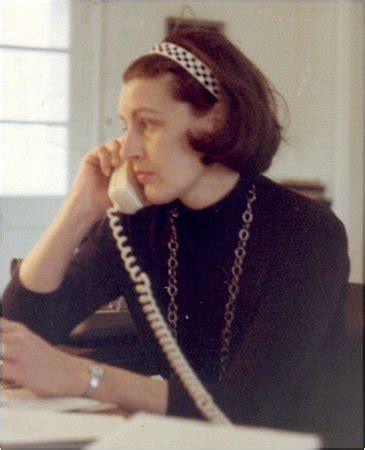A Quote by Simon Mainwaring
The theory of social contracts extends as far back as Plato. However, it was the great 18th century social philosophers John Locke, Thomas Hobbes, and Jean-Jacques Rousseau who brought the concept of a social contract between citizens and governments sharply into political thinking, paving the way for popular democracy and constitutional republicanism.
Quote Topics
Back
Between
Brought
Century
Citizens
Concept
Constitutional
Constitutional Republic
Contract
Contracts
Democracy
Far
Governments
Great
Hobbes
However
Jacques
Jacques Rousseau
Jean
John
Paving
Paving The Way
Plato
Political
Political Thinking
Popular
Republicanism
Social
Social Contract
Theory
Thinking
Thomas
Way
Related Quotes
I loved teaching social studies. And I loved starting each year by teaching about John Locke and the social contract. That lesson helped me teach not just about our rules for the classroom, but how, in our democracy, we give up some individual rights to ensure we collectively have the right to live and prosper in a society.
The intellectual and moral satisfaction that I failed to gain from the utilitarianism of Bentham and Mill, the revolutionary methods of Marx and Lenin, the social contract theory of Hobbes, the "back to nature" optimism of Rousseau, and the superman philosophy of Nietzsche, I found in the nonviolent resistance philosophy of Gandhi. I came to feel that this was the only morally and practically sound method open to oppressed people in their struggle for freedom.
There may have been somewhere, as a few eighteenth-century philosophers dreamed, a group of peaceful men who got together one evening after work and drew up a Social Contract to form the state. But nobody has been able to find an actual record of it. Practically all the governments whose origins are historically established were the result of conquest-of one tribe by another, one city by another, one people by another. Of course there have been constitutional conventions, but they merely changed the working rules of governments already in being.
Socialism may be worthless as a scheme, but it is not meaningless as a symptom. Rousseau's theory of the origin of society, of the social contract, and of a cure for all the social evils by a return to a state of nature, had, as we all know now, no more relation to fact than the dreams of an illiterate drunkard; but they were not without value as a vague and symbolical expression of certain evils from which the France of his day was suffering.
I would like to invite the citizens of Great Britain and the citizens of the U.S. and the citizens of the world to come here and walk freely through the streets of Venezuela, to talk to anyone they want, to watch television, to read the papers. We are building a true democracy, with human rights for everyone, social rights, education, health care, pensions, social security, and jobs.
We have to accept that capitalism is coming to an end. We can't provide paid employment for people, all the industries with technology are counter-intuitive to profit, and we have to have a transition to the conceptualist society. The only way to do it fairly is as a social democracy, a radical social democracy, which isn't compromised by neo-liberalism and isn't compromised by the rich, and isn't compromised by hegemonic, authoritarian interests: to have that balance between the government, the private sector, and then the individual citizens again.
They're rights that should be endemic to any democracy. The right to a free quality education, from elementary school right through higher education. The right to have a decent social wage. The right to a decent job. Political rights; the right to vote. These are all parts of the social contract, from the New Deal onwards, that never went far enough.
The right tends to posit that the market fuels social good. The left tends to posit that the government fuels social good. At bottom, democracy claims that citizens drive social good, but there is currently no container for a political force-field that stakes claim to the unbelievable resources now virtually untapped in every man, woman, and child in our society.
Political philosophy is realistically utopian when it extends what are ordinarily thought to be the limits of practicable political possibility and, in so doing, reconciles us to our political and social condition. Our hope for the future of our society rests on the belief that the social world allows a reasonably just Society of Peoples.

































